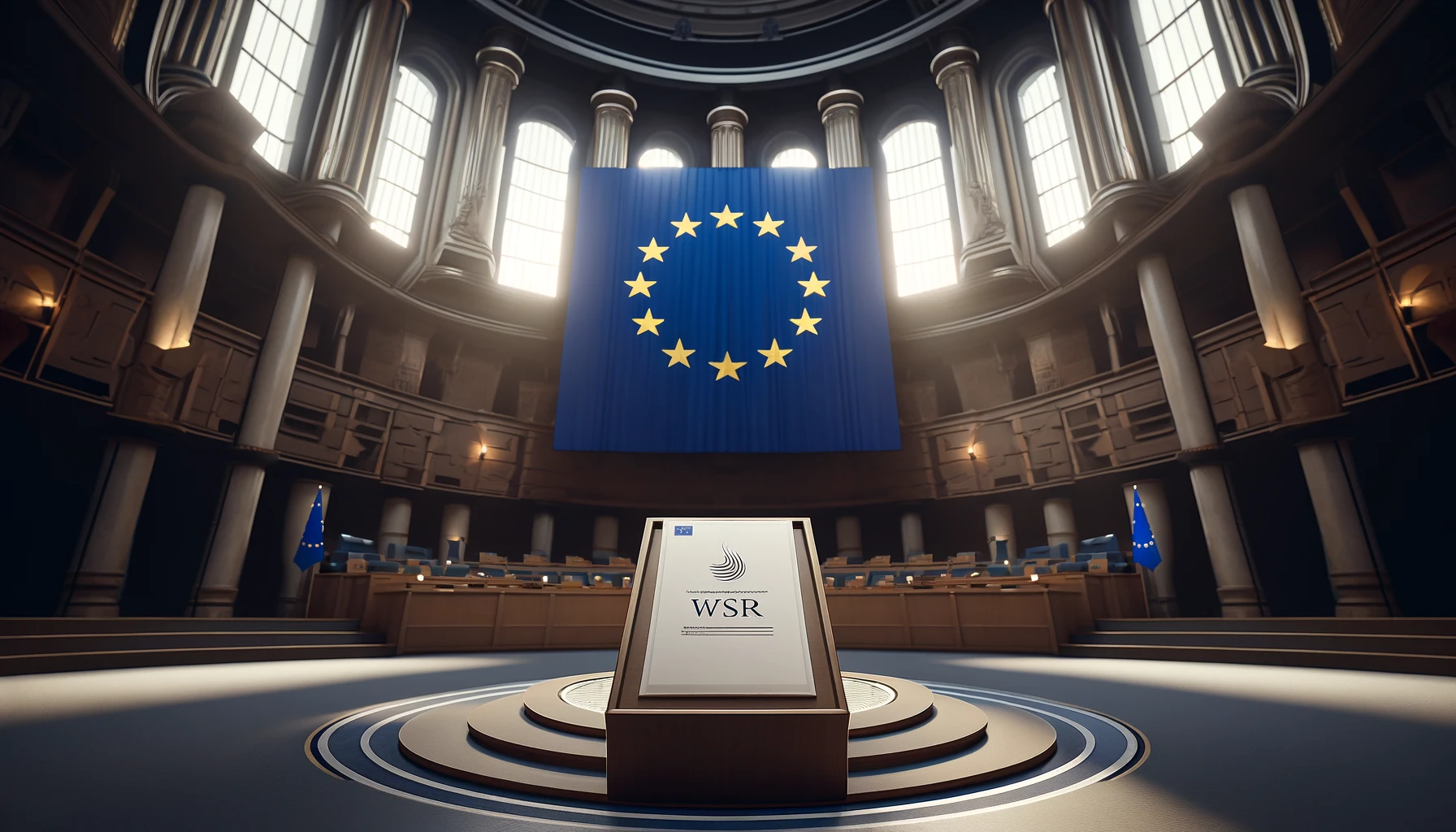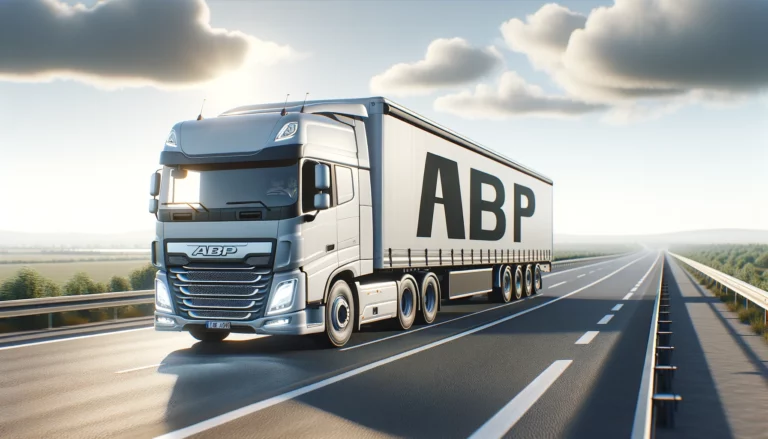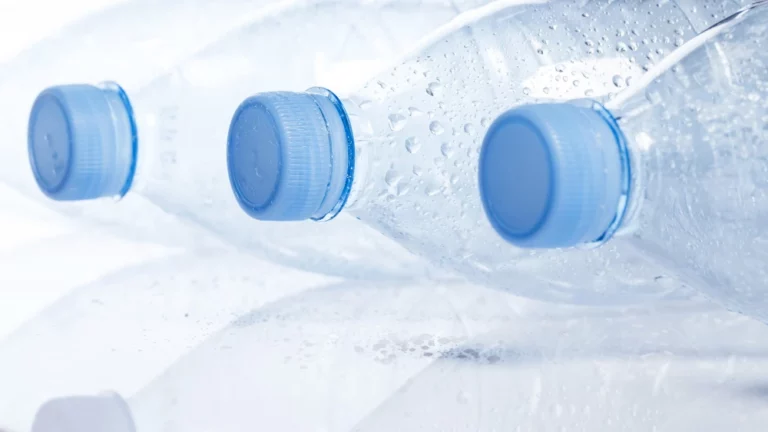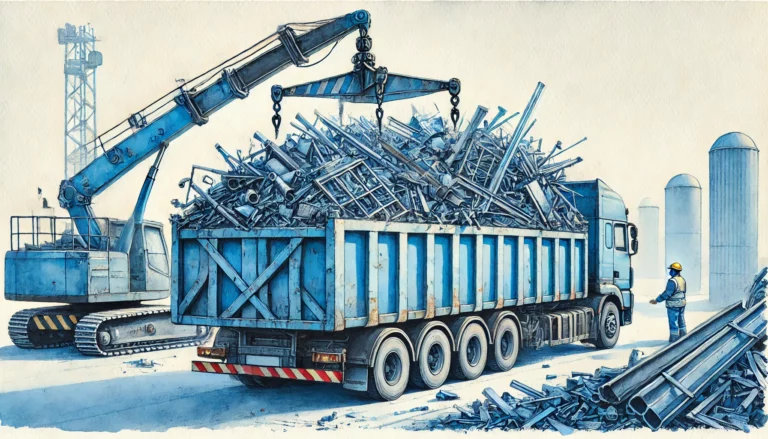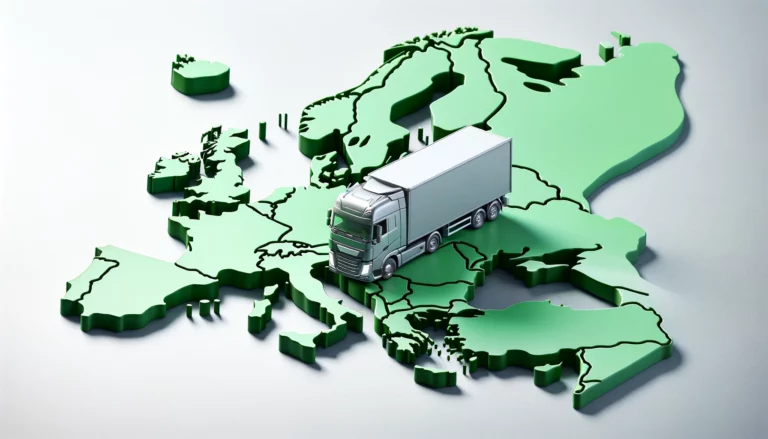New Waste Shipment Regulation in a nutshell
The European Union has long been a global leader in environmental protection and waste management. On May 20th, 2024, a new Waste Shipment Regulation (WSR) came into force. It represents a significant step forward in regulating the transboundary movement of waste. This article explores the history of waste transport laws in the EU, the changes introduced by the new WSR, and what these changes mean for the future of waste management both within and outside the EU.
Waste shipment law – then and now
History of waste transport laws in EU
The EU’s journey towards comprehensive waste management began decades ago. The Basel Convention, adopted in 1989, was a landmark international treaty. It aimed to reduce the movements of hazardous waste between nations, most importantly from developed to less developed countries. The EU incorporated the principles of the Basel Convention into its legislation, leading to the development of more stringent waste shipment regulations over time.
The Waste Framework Directive (2008/98/EC) set the groundwork for waste management in the EU. It did so by promoting recycling and establishing the waste hierarchy principle. This directive aimed to minimize the environmental impact of waste and encouraged Member States to prioritize prevention, reuse, and recycling over disposal.
Waste transport
Regulation (EC) No 1013/2006 on shipments of waste, also known as the Waste Shipment Regulation, was adopted to strengthen the control of waste shipments. Its other role was to ensure compliance with environmental protection standards. This regulation introduced detailed procedures for the transboundary movement of waste. They included, but weren’t limited to, prior notification and consent requirements for hazardous waste shipments. It aimed to prevent illegal shipments and ensure that waste was managed in an environmentally sound manner throughout its life cycle. To make sure that delivery of waste is carried out in accordance with international laws it’s important to make sure that waste transport permit is present in the vehicle and the data it contains is up to date.
Do you want to obtain waste transport permit? Contact us:
office@wastetransportsolutions.eu
Waste Shipment Regulation – what’s new?
Flaws of the previous WSR
Despite the EU’s efforts, previous waste shipment regulations faced numerous challenges. Compliance was inconsistent across Member States, leading to illegal shipments and environmental damage. The lack of robust tracking mechanisms allowed unscrupulous operators to exploit loopholes. Moreover, economic disparities between Member States sometimes hindered uniform application of the rules. These issues highlighted the need for a more cohesive and transparent regulatory framework.
New provisions
The new Waste Shipment Regulation, effective from May 20th, 2024, aims to address the shortcomings of previous regulations. It introduces several key changes to improve the management of waste shipments:
- Waste exports to non-EU countries now face rigorous scrutiny to prevent illegal dumping and environmental harm.
- Real-time tracking ensures that waste shipments can be monitored throughout their journey, reducing the risk of mismanagement.
- Detailed reporting and documentation are required for all waste movements, enhancing accountability and traceability.
- Penalties for non-compliance will be more severe, and Member States must designate competent authorities to oversee waste shipments.
- The regulation leverages digital platforms to facilitate efficient tracking and monitoring of waste shipments.
Impact on EU and non-EU countries
The new WSR will have varying impacts across EU Member States, depending on their existing waste management infrastructure and compliance levels. Some countries may face challenges in adapting to the stricter requirements. Others may benefit from the increased clarity and enforcement. Overall, the regulation is expected to lead to improved environmental outcomes and a more unified approach to waste management across the EU.
For non-EU countries, the new WSR presents both opportunities and challenges. Importers of EU waste must now adhere to higher standards, which could enhance environmental protection but also increase costs. The regulation underscores the importance of international collaboration in waste management and aims to prevent the transfer of environmental burdens to developing countries.
***
The new Waste Shipment Regulation marks a significant advancement in the EU’s efforts to manage waste sustainably. By introducing stricter controls, enhancing transparency, and leveraging technology, the regulation addresses longstanding issues and aligns with the EU’s environmental objectives. While challenges remain, the potential benefits for both the environment and the economy are substantial. Since the Regulation came into force, continued cooperation and commitment from all stakeholders will be essential to its success.

